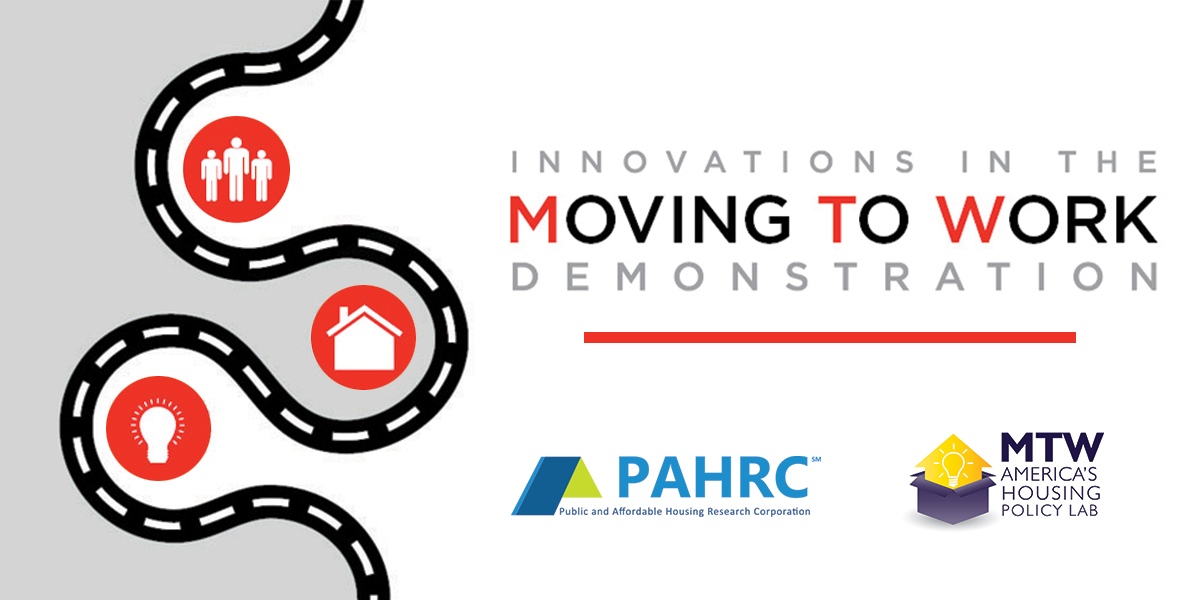Public housing authorities (PHAs) have a legal obligation to take meaningful steps to address historic patterns of segregation, promote housing choice, eliminate disparities in housing access, and build inclusive communities. By developing policies, programs, and practices that promote equity, defined as “fair treatment, access, opportunity, and advancement for all,” PHAs can promote social justice, rectify historic disparities caused by discriminatory housing policies, build inclusive communities, and fulfill their obligation to affirmatively further fair housing.
The Public and Affordable Housing Research Corporation (PAHRC), HAI Group’s research division, interviewed 16 PHAs about their policies, programs, and practices to advance equity and their advice to other organizations interested in implementing similar initiatives for its recent report, PHA Pathways for Advancing Equity.
If you want to develop or expand your organization’s equity initiatives, consider the following advice described in the report.
Engage residents
 Engaging residents in developing programs, policies, and practices builds resident buy-in and ensures initiatives meet the community’s needs. Partnering with residents to build initiatives can include:
Engaging residents in developing programs, policies, and practices builds resident buy-in and ensures initiatives meet the community’s needs. Partnering with residents to build initiatives can include:
- Collaborating with and seeking feedback from community leaders and resident advisory groups.
- Inviting residents to internal working groups to advise on programs, policies, and strategic planning.
- Compensating resident ambassadors to implement and promote programs.
- Establishing credibility through actions such as building trust with residents, following up on feedback, and providing quality customer service.
Once your organization has established an equity initiative, promoting participation from residents of all backgrounds can help it achieve its goals. Examples include:
- Developing advertisements in multiple languages to reach residents of diverse backgrounds.
- Providing programs that meet a wide array of resident needs.
- Eliminating barriers to participation by incentivizing participation with food, childcare, or rewards.
- Separating the resident services team from property management to build trust among residents.
Build staff buy-in
Staff is often the secret sauce that makes effective programs and policies possible. Securing buy-in to the mission and vision of the organization from staff across all levels of the organization and board is essential to advance equity, develop partnerships and initiatives, and connect with residents. PHAs shared the following advice for getting staff on board:
- Share the importance of equity in the organization’s culture.
- Connect equity to everyday work.
- Train staff on diversity, equity, inclusion, trauma-informed care, and the historical policy context in which housing organizations operate.
- Facilitate communication across departments.
- Consider alignment to the organization’s mission during hiring by advertising openings to diverse candidates and inquiring about commitment to equity during interviews.
- Strive to hire staff who reflect the community to build trust and connect with residents.
Let data drive decisions and promote sustainability
Data can be a powerful tool to prioritize initial efforts, make the case for policy changes and resource allocation, catalyze partnerships, secure funding, and inform resident outreach. To develop a data-driven strategy, your organization can:
- Examine outcomes across race, gender, and ethnicity using administrative data already collected for HUD.
- Partner with local school districts, healthcare insurers, and more to gain insight into resident outcomes.
- Collaborate with a local university or research organization to assess program outcomes.
- Collect additional resident data, such as preferred language, through surveys and intake forms.
Establish a strategic plan and vision
 A strategic plan affirms organizational buy-in and establishes a framework for programs, policies, and operational strategies to advance equity goals.
A strategic plan affirms organizational buy-in and establishes a framework for programs, policies, and operational strategies to advance equity goals.
- Identify organizational values and consider the budget needed to fulfill them.
- Facilitate a working group of community champions and staff with various tenure levels and backgrounds to develop the plan.
- Participate in peer learning networks to learn about best practices and get inspiration on strategies to include in the plan.
Develop partnerships
Partnering with libraries, healthcare providers, schools, nonprofit service providers, and other housing authorities can expand your organization’s capacity for equity initiatives.
- Propose mutually beneficial partnerships by offering in-kind support, such as referrals, waiting list preferences, and community space.
- Share data to make the case for working together and demonstrate the outcomes of collaboration.
- Suggest partnerships and initiatives that address a key focus area of the community.
- Pilot new programs to test them, build momentum, and gauge interest to help scale them up.
- Establish a Memorandum of Understanding to formalize partnership expectations.
- Maintain strong relationships with partners by establishing regular touchpoints and participating in local boards and working groups.
Update policies
Administrative plan updates can help organizations serve their community more equitably by promoting housing access and housing choice.
- Collect multiple contact methods, establish broad application windows, and create waiting list preferences that meet community needs to position the most vulnerable families for housing assistance.
- Establish tenant screening criteria that balance protecting residents' safety and housing access by limiting and defining the criminal lookback period, avoiding categorical bans, considering only convictions, and allowing residents to participate in an individualized review before a housing denial is issued.
- Create occupancy policies that protect victims/survivors of domestic violence and position them to leave an abusive partner by permitting early lease terminations, granting extensions, easing the burden of proof, and protecting them from evictions for lease violations caused by their abuser.
- Increase payment standards or adopt Small Area Fair Market Rents (SAFMRs) to make it easier to use Housing Choice Vouchers (HCVs) in low-poverty and high-rent neighborhoods.
- Implement personnel policies that encourage your organization to attract and retain diverse talent.
- Create procurement policies that reduce barriers in the contract selection process, evaluate whether contracted organizations can serve disadvantaged communities, and establish goals to increase contracts awarded to promoters led by or serving underrepresented or disadvantaged communities to expand access to culturally sensitive service providers.
Evolve
Incorporating diversity, equity, and inclusion into an organization's culture and operations is an iterative process. Consider committing to one strategy and building from there.
The Public and Affordable Housing Research Corporation (PAHRC) is the research entity of HAI Group, an insurer that has been exclusively serving public and affordable housing for more than 35 years. PAHRC’s work focuses on the impact that affordable homes bring to families and communities.
This article is for general information only. HAI Group® makes no representation or warranty about the accuracy or applicability of this information for any particular use or circumstance. Your use of this information is at your own discretion and risk. HAI Group® and any author or contributor identified herein assume no responsibility for your use of this information. You should consult with your attorney or subject matter advisor before adopting any risk management strategy or policy.
HAI Group® is a marketing name used to refer to insurers, a producer, and related service providers affiliated through a common mission, management, and governance. Property-casualty insurance and related services are written or provided by Housing Authority Property Insurance, A Mutual Company; Housing Enterprise Insurance Company, Inc.; Housing Specialty Insurance Company, Inc.; Housing Investment Group, Inc.; and Housing Insurance Services (DBA Housing Insurance Agency Services in NY and MI).



.jpg)

